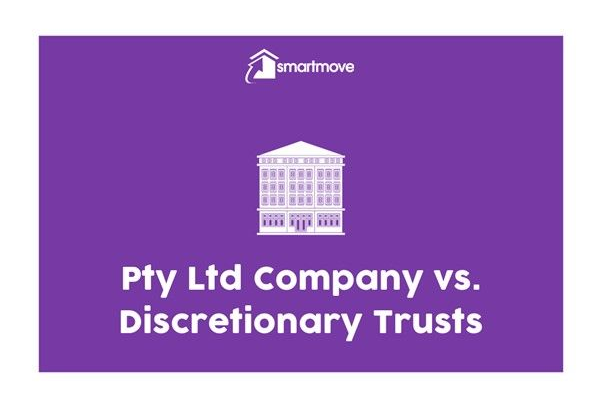
From time-to-time clients receive advice from their Accountant or Financial Planner to purchase a property within a company or trust. Usually for tax planning or asset protection reasons. Facilitating lending through a trust or a company is a little different as to if you were to purchase in your individual name, some differences are outlined below;
o All directors and shareholders (either in their capacity as trustee of a trust or a company that has purchased a property) will need to provide a guarantee for the associated loan (generally speaking).
o The directors and shareholders will need to get independent legal and financial advice in relation to the guarantor documents and the loan documents.
o Only around 50% of banks can facilitate a transaction involving a company or trust for operational reasons.
o The interest rates can be different to normal residential rates when borrowing in a trust / company. Some bank’s view this as business lending (or don’t discount residential loans as heavily).
o Usually, the bank will not permit the trust or company to be trading businesses. Therefore, the “entity” (company or trust) needs to be a holding entity (most of the time).
o The bank can request to review the trust deed &/or company memorandum. If the bank determines these not to be acceptable, they may request changes before loan approval.
It is very important to get the appropriate legal and financial/accounting advice before looking at purchasing property inside a company or trust as there are many pros and cons and the advice needs to be given specific to your circumstances (we can assist in facilitating referrals to expert advisors in these fields).
If you are purchasing a property in a trust / company, please reach out for more information. Tom.
Written by Tom Morison




